Dans le cadre du projet de recherche européen STAGE (From Stage to Data, the Digital Turn of Contemporary Performing Arts Historiography) dirigé par Clarisse Bardiot, ce séminaire de recherche propose une introduction approfondie aux enjeux, concepts, méthodes et outils pour l’étude numérique des textes, images et données culturelles.
Il vise à aborder les défis et les opportunités liés à l’utilisation des données numériques pour les études en art, notamment dans les domaines en pleine expansion de la digital art history et des culture analytics, et à montrer comment les humanités numériques ouvrent de nouvelles perspectives de recherche en sciences humaines et sociales.
Intervenant : George Bruseker
Abstract Long
This lecture explores how formal ontologies and semantic data modelling can help art historians represent and connect complex cultural information in ways that go beyond the structuration and mindset imposed by traditional databases. We will examine how such approaches can support expressive and representative research datasets that have much more capacity to capture the complexity and nuance of the historical record while also standing as sustainable resources that can be reused across projects and disciplines.
I will first reflect on the strengths and limitations of existing standards such as the CIDOC Conceptual Reference Model, now widely used in cultural heritage documentation. I will then introduce two recent ontological frameworks: the Creative Process Representation Ontology (CPRo), which enables the modelling of creative activity as it unfolds across processes, forms into documents, is reinterpreted and performed; and the Art and Architectural Argumentation Ontology (AAAo), which provides a way to represent social facts, conventions, and the evolving meaning and valuation of works over time.
Throughout, I will illustrate these ideas with examples from art history, showing how they can illuminate not only objects and texts but also the dynamics of events, collaborations, and reception. No prior knowledge of ontologies or data modelling is assumed; the emphasis will be on making these ideas accessible and relevant to historical research on the arts.
Biography
George Bruseker is a researcher and practitioner in semantic data modelling and cultural heritage informatics. He is Vice Chair of the CIDOC CRM Special Interest Group and co-founder of Takin.solutions Ltd., where he leads projects on ontological modelling and semantic platforms for heritage data. He is also a Research Affiliate at the Swiss Art Research Infrastructure (SARI). Trained as a philosopher and historian (PhD, University of Athens), Bruseker has contributed extensively to international standards such as CIDOC CRM, Linked.Art, and the Arches platform. His work develops frameworks for representing creative processes, social valuation, and provenance in art history, making complex heritage information more interoperable and reusable across disciplines and time.
